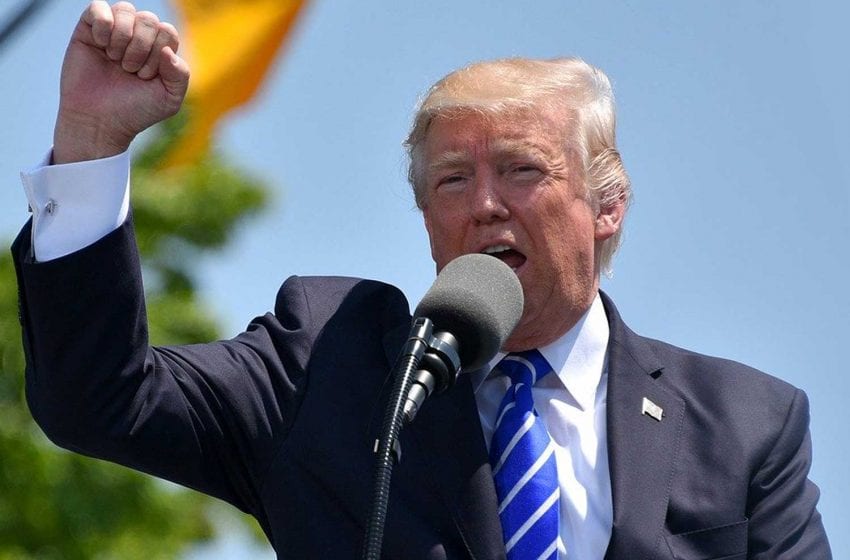Guidance from the US Food and Drug Administration could reduce the number of tests currently carried out on non-human animals in support of tobacco product applications.
This was one of the messages that came out of a workshop sponsored by the FDA and intended to identify in vitro models and assays for tobacco toxicity testing.
The workshop, which was held last week, was attended by representatives of the FDA, industry, academia and NGO’s, including PETA (People for the Ethical Treatment of Animals).
They met, in part, to discuss the modern and humane in vitro models that are available to replace crude and inaccurate animal tests for evaluating the role of tobacco exposure in causing lung disease, specifically chronic obstructive pulmonary disease (COPD).
“Some of the models discussed included 3-D human airway cell cultures, which can be exposed to whole cigarette smoke to measure its effect on cell functioning, and tissue cultures derived from precision-cut human lung slices,” said Joseph Manuppello, PETA’s International Science Consortium advisor.
“Julia Hoeng, a researcher with Philip Morris Products SA, cited public comments on FDA guidance from PETA as evidence of the rapid advancement of the field in recent years,” he added.
Workshop participants agreed that guidance from the FDA specifically on in vitro test methods would likely reduce animal testing conducted in support of tobacco product applications.
A report from the workshop will be presented at a Society of Toxicology ancillary meeting on March 23 in San Diego, California.










